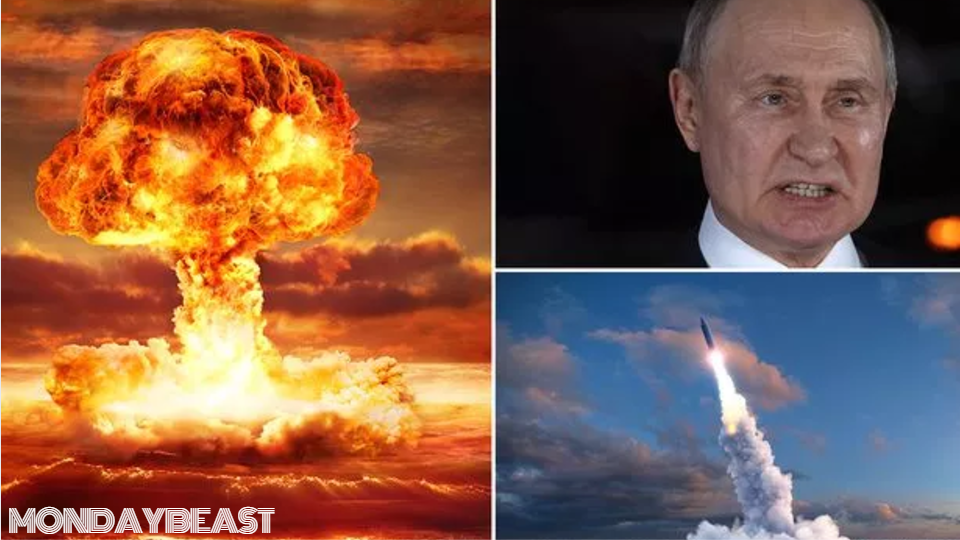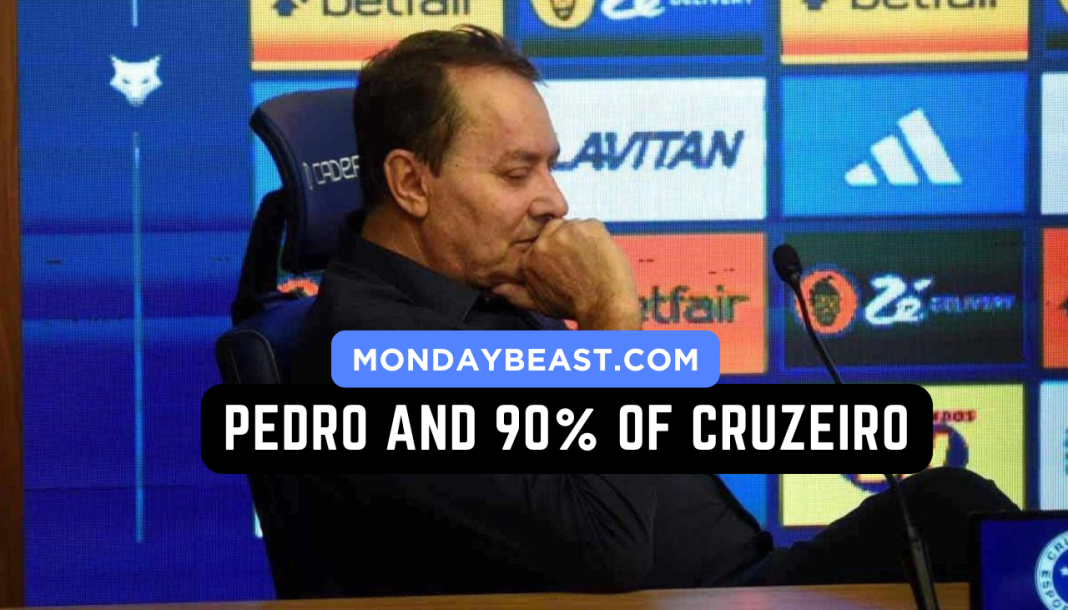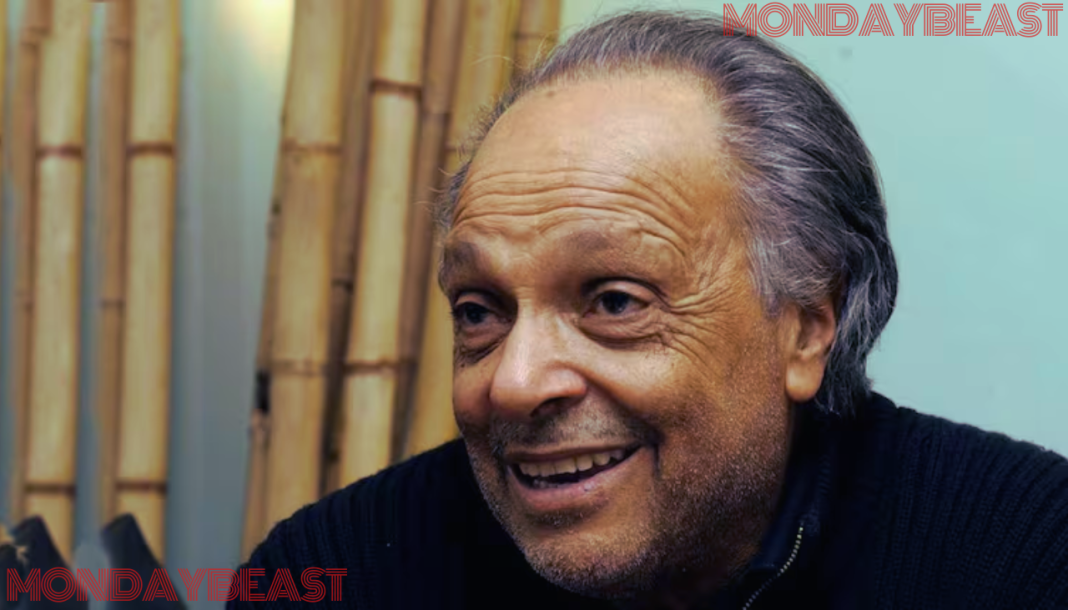Also read Why PM Modi’s Visit to Guyana Resonates with Many Americans
As tensions rise, a striking statement has emerged from Valery Zaluzhny, Ukraine’s former Commander-in-Chief. During a recent speech, he boldly declared that World War III may have already begun. This assertion, made at the Ukrainska Pravda’s UP100 award ceremony, underscores the escalating stakes of the current conflict. Zaluzhny’s comments are not mere speculation; they reflect a growing concern regarding the international dimensions of the war.
Zaluzhny’s remarks couldn’t come at a more critical time. With the presence of North Korean troops and Iranian drones now felt in Ukraine, are we witnessing a shift towards a broader international conflict? The ongoing war has drawn several countries into its violent fray, and many are left wondering just how deep those alliances run.
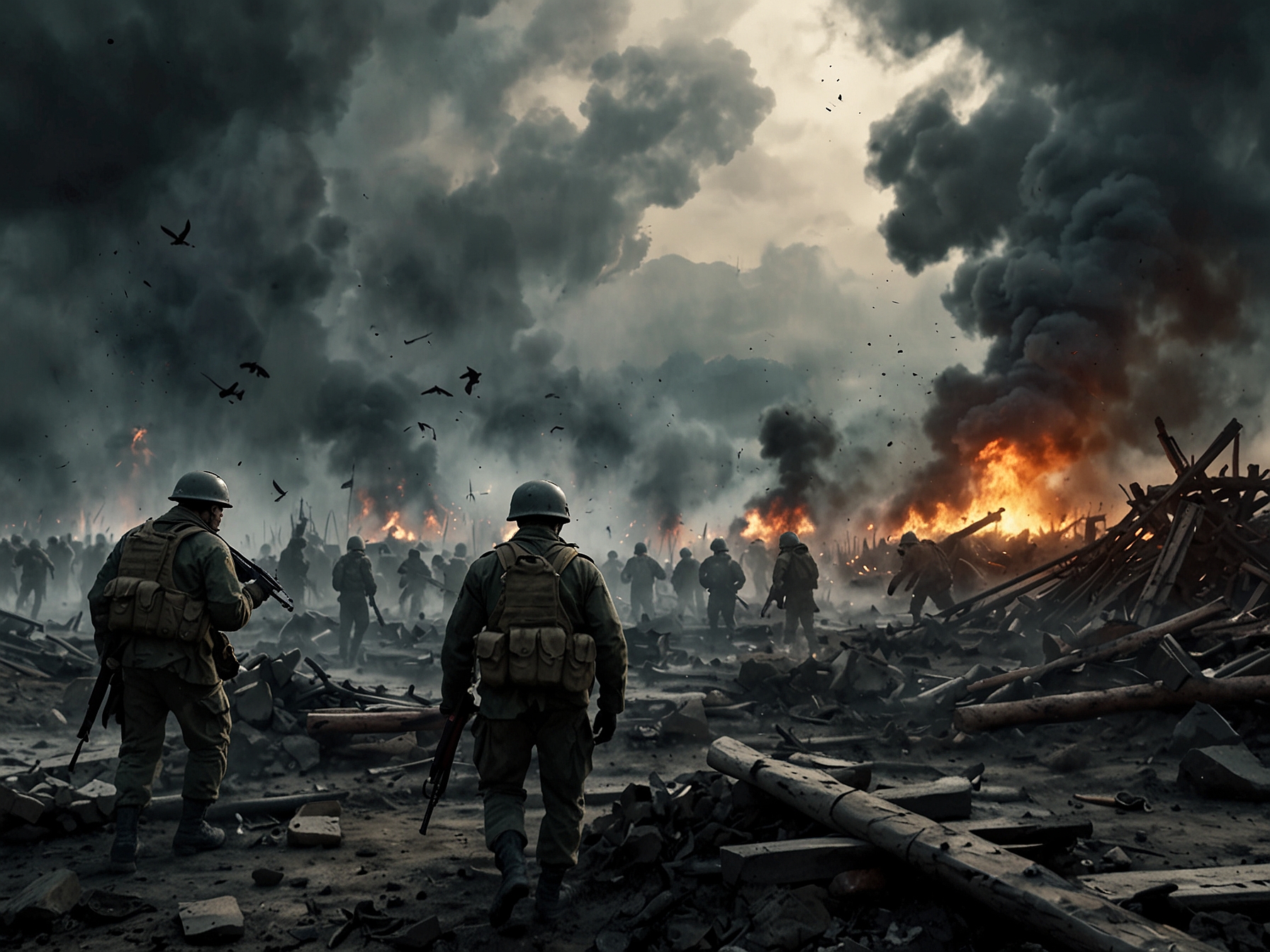
As Zaluzhny asserts, the involvement of autocratic allies is a pivotal factor in the war’s potential expansion. It’s sobering to think about—can one nation’s struggle against aggression become a global conflict? One of the most alarming points raised was about foreign soldiers actively participating in the throes of battle.
Zaluzhny did not mince his words. “Soldiers from North Korea are standing in front of Ukraine. Let’s be honest,” he stated. There is a harsh truth in his statement. The hands of foreign militaries are now very much at play, adding layers of complexity to a war that already threatens regional stability. How can Ukraine navigate this intricate landscape of aggression and foreign intervention?
Yet, Zaluzhny’s call to action does create a dilemma. He urged Ukraine’s allies to take firm steps to halt the conflict’s expansion. His message raises a crucial question: why do many allies hesitate? Could it be fear of escalating an already volatile situation, or are they involved in internal politics that blind them to Ukraine’s plight?
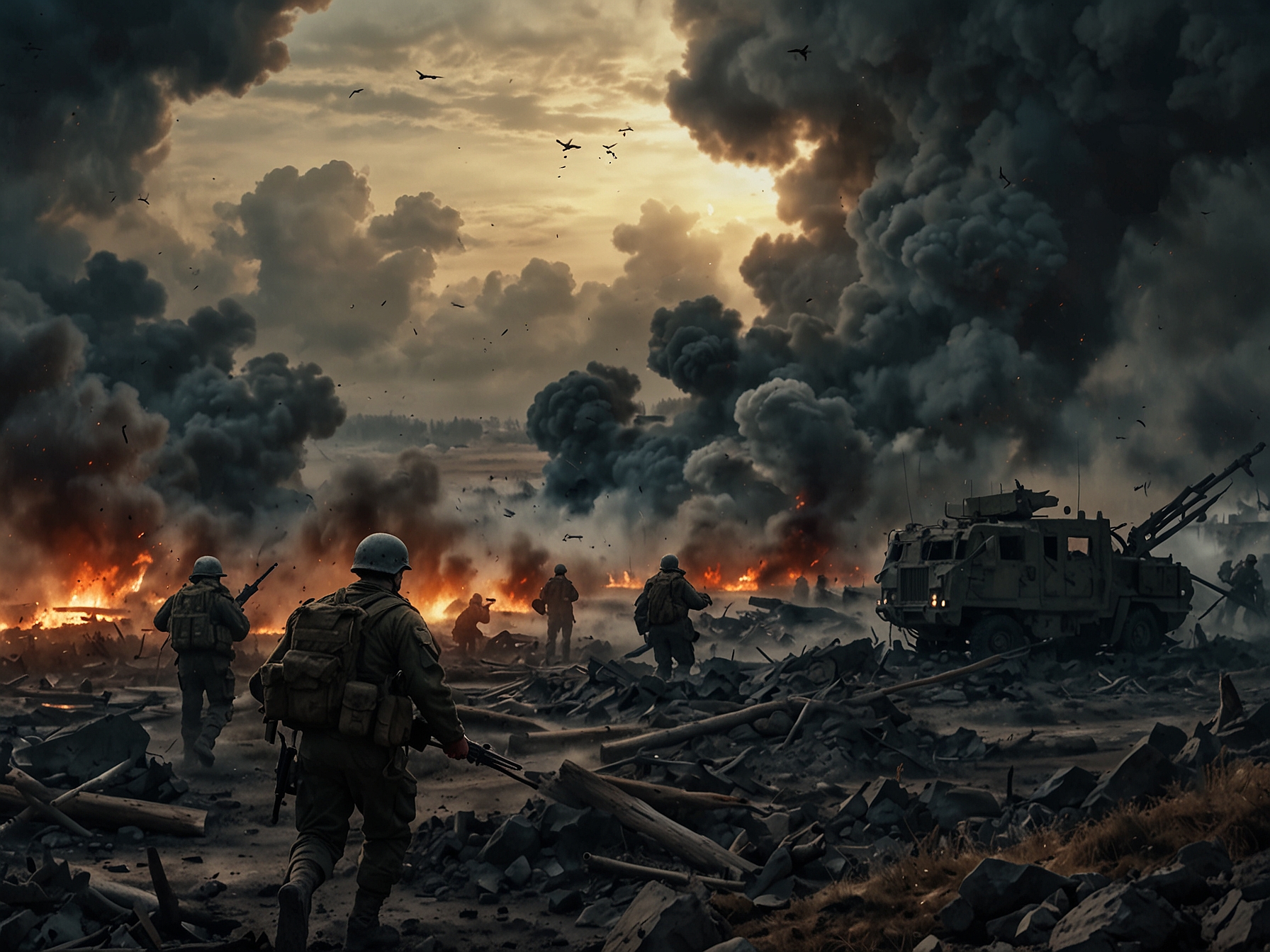
In the face of this complex web of relationships, the gravity of the situation is undeniable. Just imagine being one of those soldiers watching the horrors unfold. They are faced not with mere geopolitical maneuvering but the stark reality of war, filled with losses and devastation.
For many Ukrainian families, the conflicts are no longer abstract concepts; they are personal. The anxiety that permeates daily life is profound. Planning any semblance of a peaceful future feels like grasping at straws.
Zaluzhny’s speech coincided with serious military developments. Reports indicate that Moscow has sent over 10,000 North Korean troops to bolster its presence in the Kursk region. Combined with Iranian-made drones, this constitutes a serious threat. President Zelensky’s condemnation of this escalation only adds fuel to the fire.
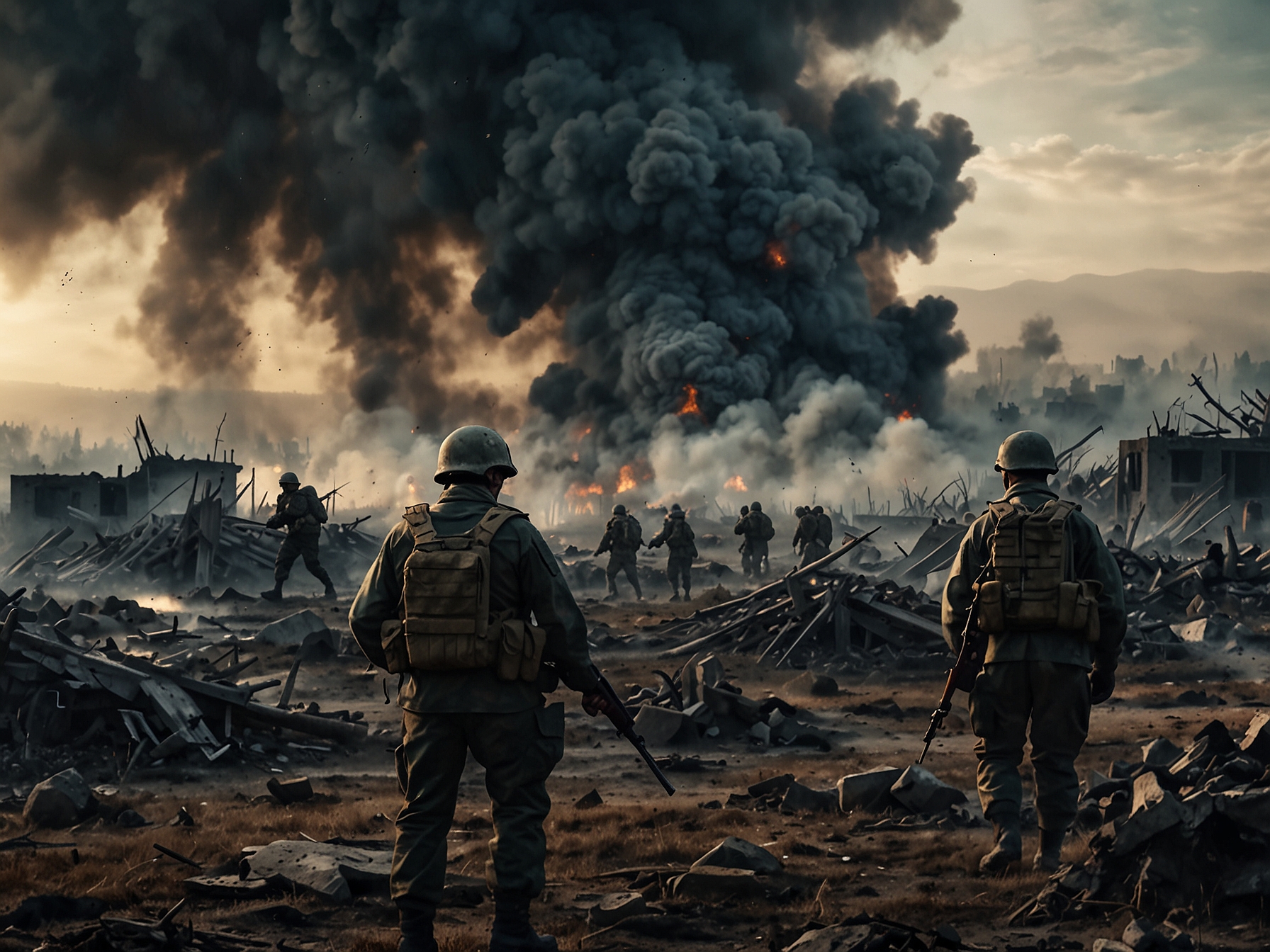
Is a chain reaction of conflict brewing? As these nations interweave their military efforts, the stakes rise exponentially. As we delve deeper into the consequences of these alliances, we must confront the reality that Ukraine might not be able to sustain this battle on its own.
“Ukraine will survive with technology, but it is not clear whether it can win this battle alone,” Zaluzhny lamented. It’s a stark reminder that while technological advancement can offer hope, the human cost of warfare is irreplaceable. A far-reaching question looms over us all: can the world afford to ignore the alarm bells being rung by global leaders?
The urgency in Zaluzhny’s words feels palpable, echoing through the chambers of political dialogue. If we look back through history, it becomes increasingly clear—failure to address such bold assertions has often laid the groundwork for larger catastrophes. His plea is not just for Ukraine but for the global community to recognize this pivotal moment.
Think for a moment how future generations might view our response to this crisis. Will they see a world that turned a blind eye to a troubling escalation, or one that engaged proactively to avert a more profound disaster? For all the numbers and statistics that bounce around in debates, the truths unraveling before us now contain faces, stories, and experiences that bear witness to the reality of war.
This conflict is evolving, and the implications are manifold. As some experts warn of dire consequences, others fear a repeat of historical missteps that invited broader wars. Yet, there remains a glimmer of hope—the belief that solidarity and timely intervention can prevent further escalation.
It’s a heavy burden to consider, but how we respond to this moment, as individuals and nations, will chart the course for our collective future. In the end, the global community must ask itself: when will we choose to act?

